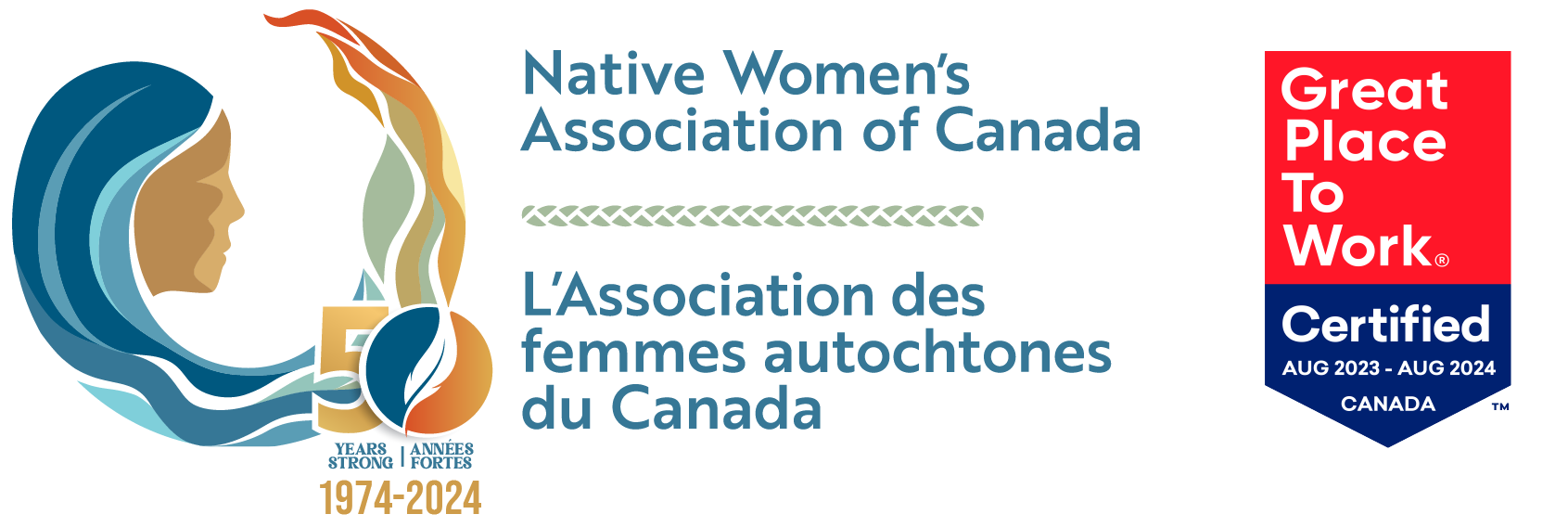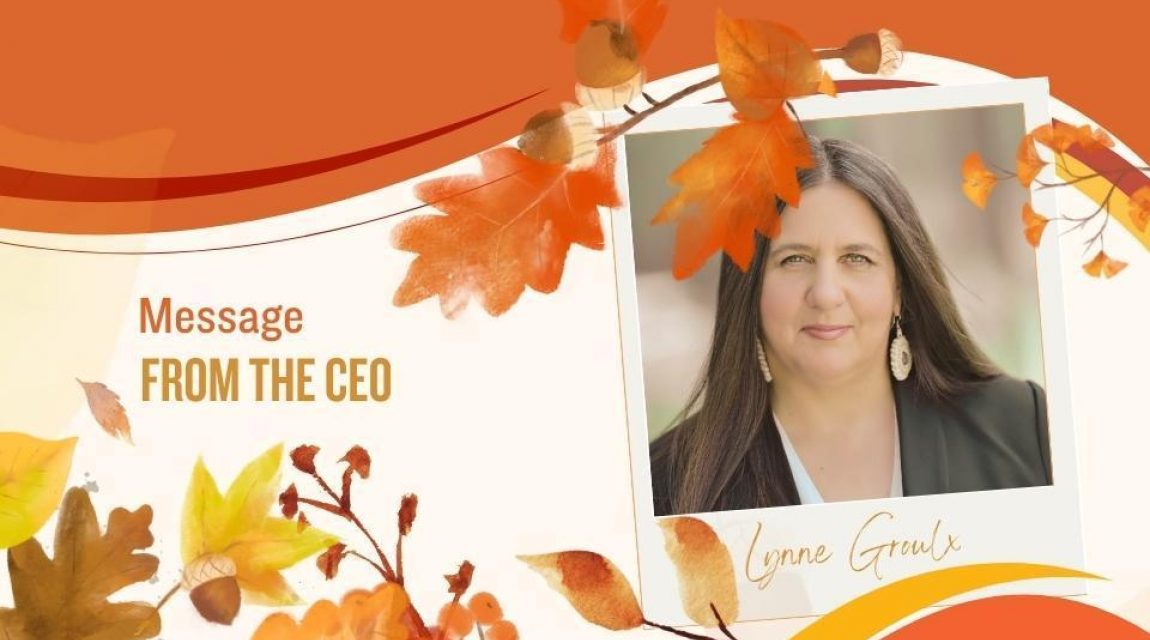The Native Women’s Association (NWAC) represents Indigenous women, girls, Two-Spirit, transgender, and gender-diverse+ (WG2STGD+) people across this country. It’s their voices that we carry in our head when we engage with federal government departments on issues like housing, health, the environment, economic marginalization, and so forth. It’s their voices that we want when we go across the country to meet them face to face in their communities or when we hold online sessions.
These are the voices of the grassroots people we represent … and their voices are very important to us.
That’s why, in this issue of Shining the Spotlight, we talk about how and why we consult with all of you.
Our Legal Unit brings a story on this very topic. Inclusive and meaningful consultation with Indigenous stakeholders, including our grassroots people, isn’t just a procedural step; it’s an ethical cornerstone that informs all our initiatives. Holding discussions at roundtables, conducting personal interviews, gathering your opinion helps us develop recommendations that will meet your needs.

